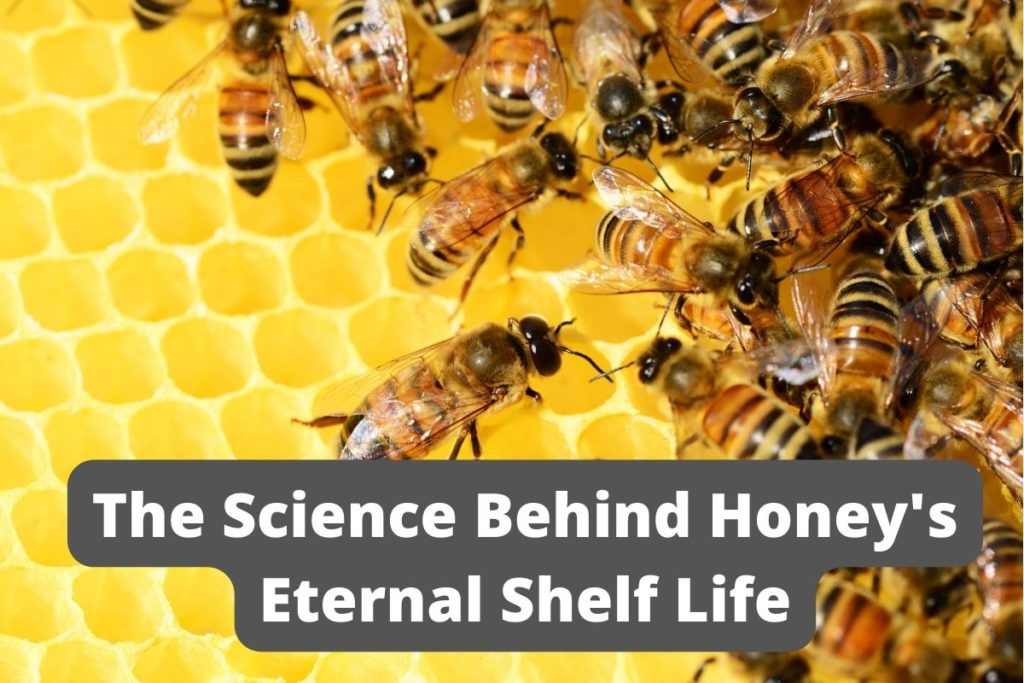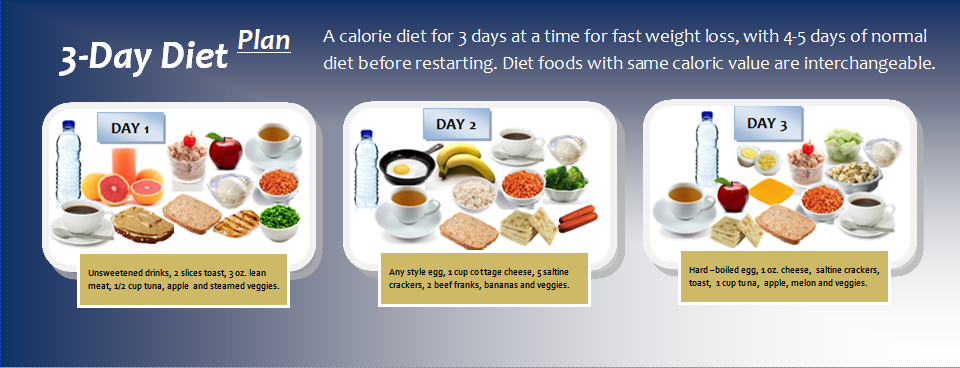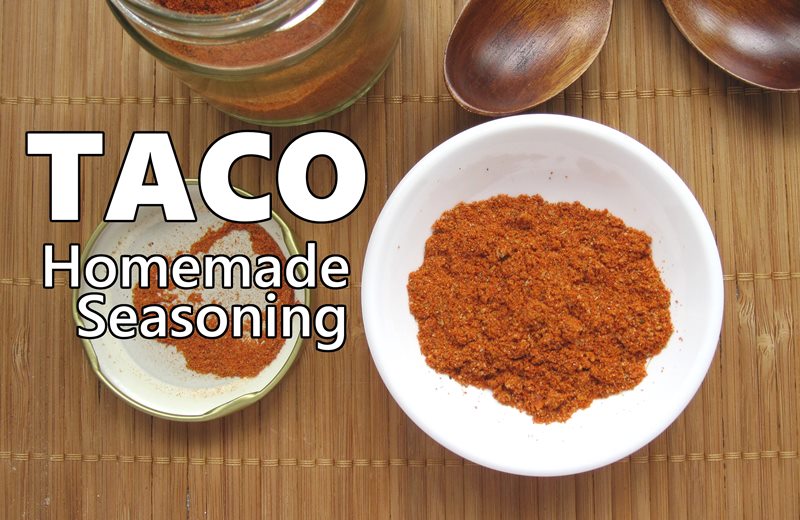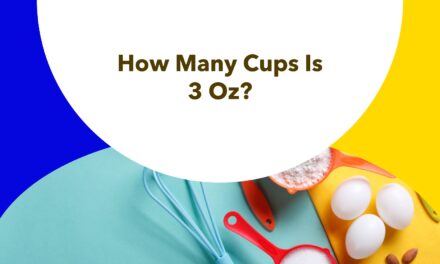Honey is one of the oldest sweeteners in history, dating back thousands of years. And modern-day science has proven that this natural goodness will preserve indefinitely. Although it can crystallize and darken over time, real honey is still perfectly edible.
The Science Behind Honey’s Eternal Shelf Life
Because of the high sugar content and low pH of honey, as well as the bees’ honey-making process, only natural, real honey never goes bad.
The production of H2O2 by enzymes in honey occurs when the enzyme glucose oxidase reacts with glucose, which is present in honey. This reaction generates oxygen and hydrogen peroxide (H2O2). Hydrogen peroxide is toxic to bacteria and other microorganisms, so it acts as an antimicrobial agent. In general, bacteria and other microbes cannot grow or reproduce in honey due to its antibacterial activity.

Health benefits of honey
Honey is a sweet, golden liquid that bees make from the nectar of flowers. It’s one of nature’s most versatile and beneficial nutritional products. Honey contains a variety of nutrients, and small amounts of several antioxidants, including phenolic acids and flavonoids.
Honey has been linked to beneficial effects on heart health, including reduced blood pressure and blood fat levels.
When applied to the skin, honey can be part of an effective treatment plan for burns, wounds, and many other skin conditions. For children over 1 year of age, honey can act as a natural and safe cough suppressant.
[ads]
Conclusion
The National Honey Board says that over time honey may “darken and lose its aroma and flavor or crystallize, crystallized honey is completely normal and doesn’t change honey’s taste. Crystallization happens most often in real honey because it contains natural sugars and pollen, both things you want in your honey.
So next time you’re questioning the lifespan of your long-lost honey bottle, know that it’s unlikely to expire if you’ve bought 100% pure honey.
Interesting read:




